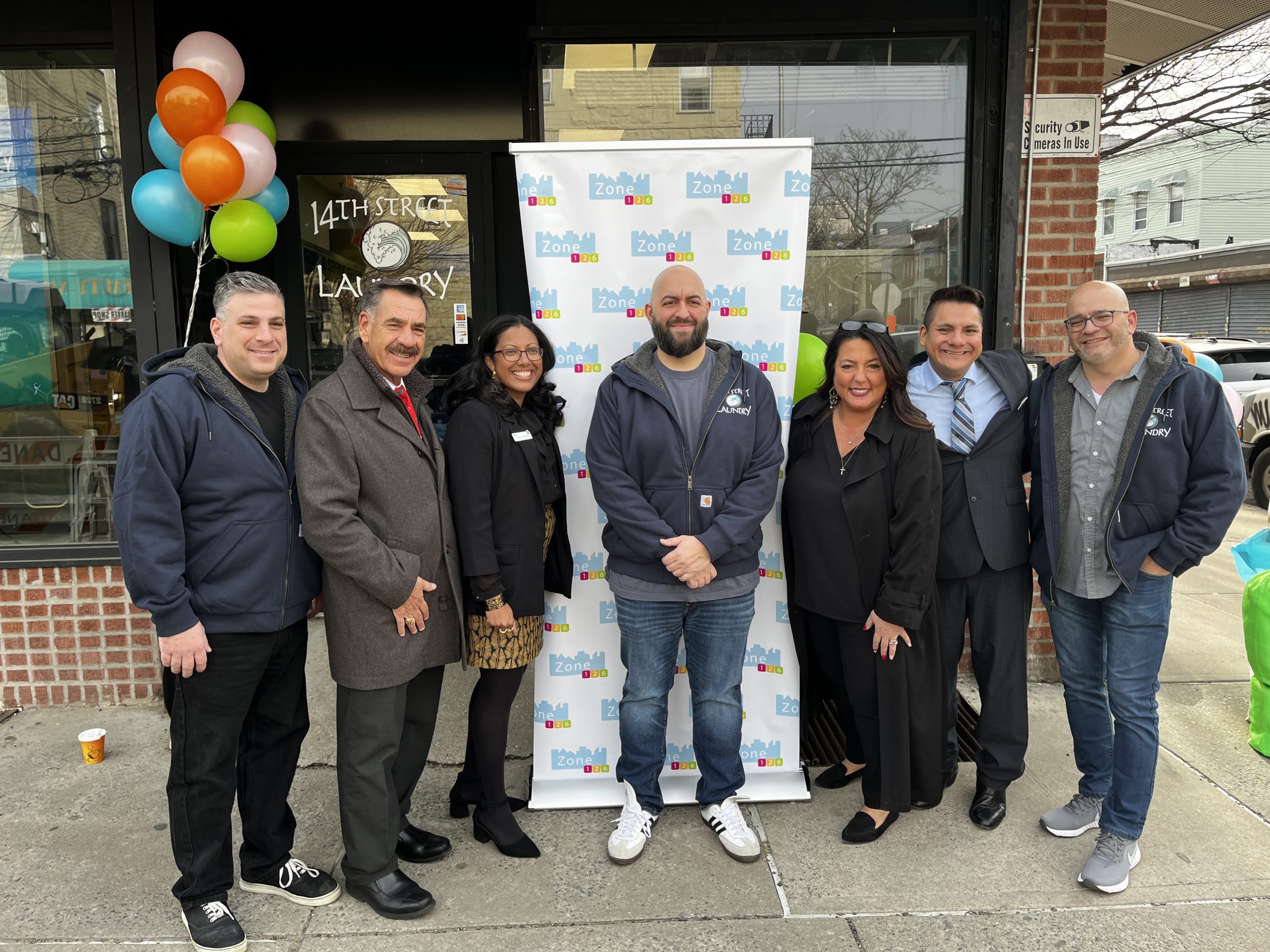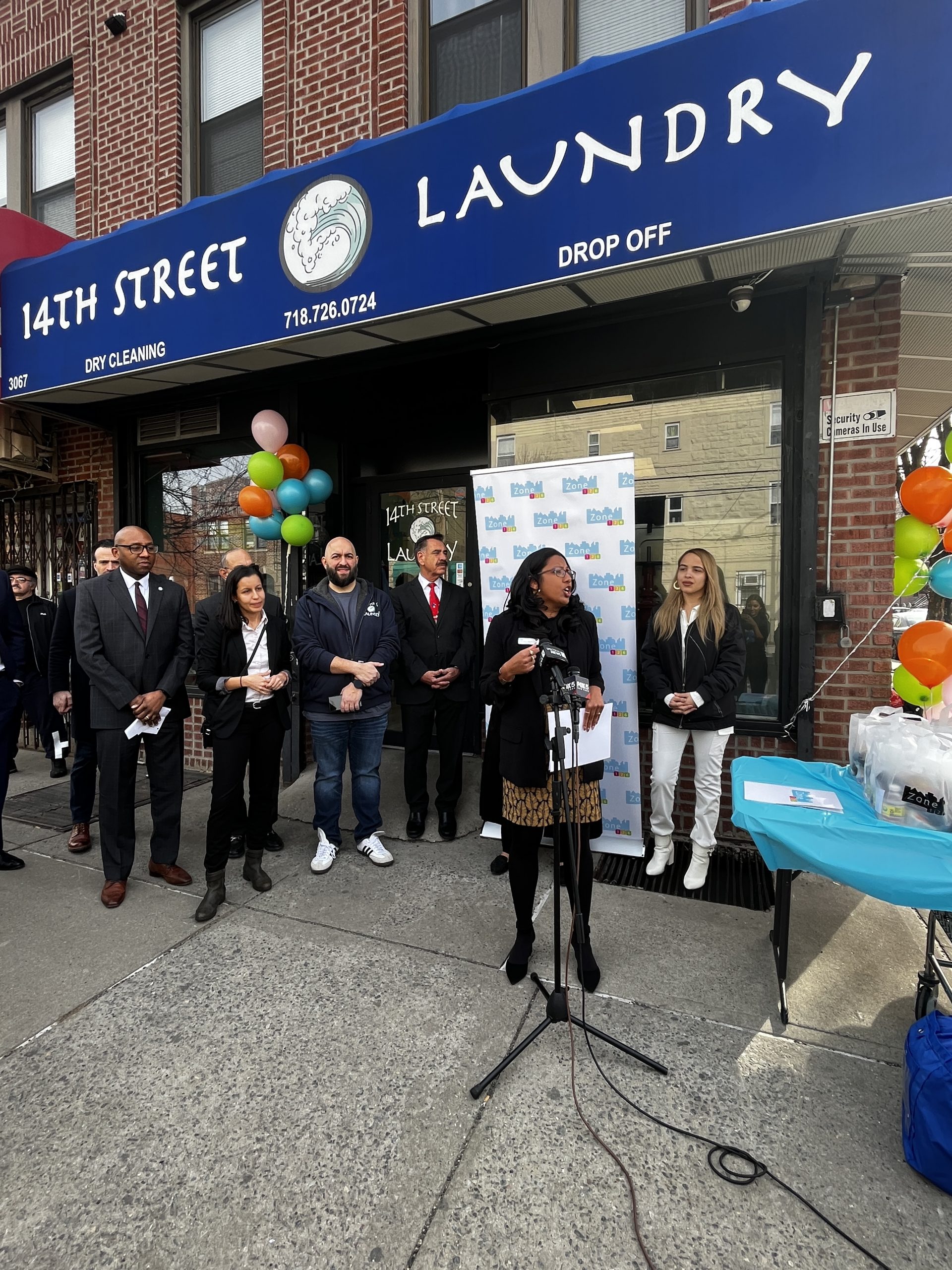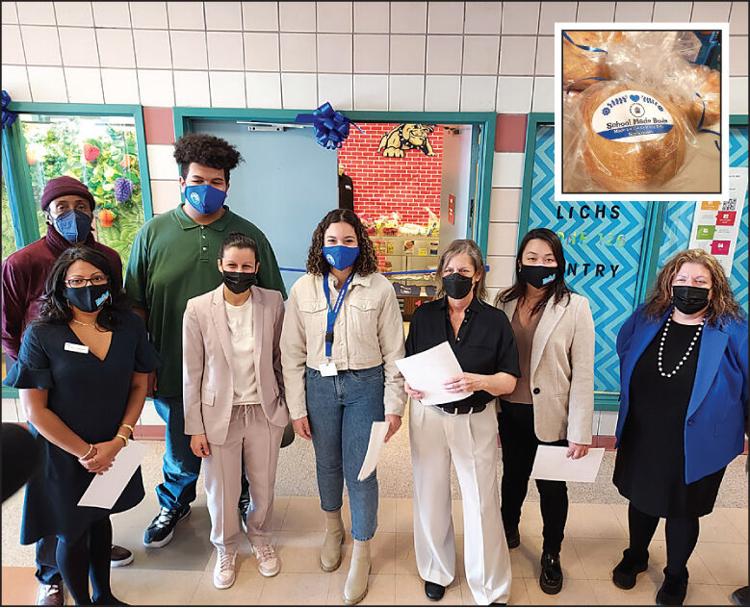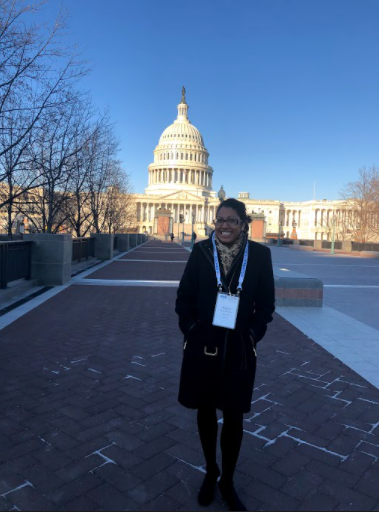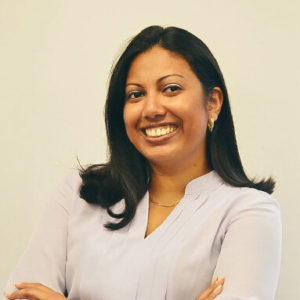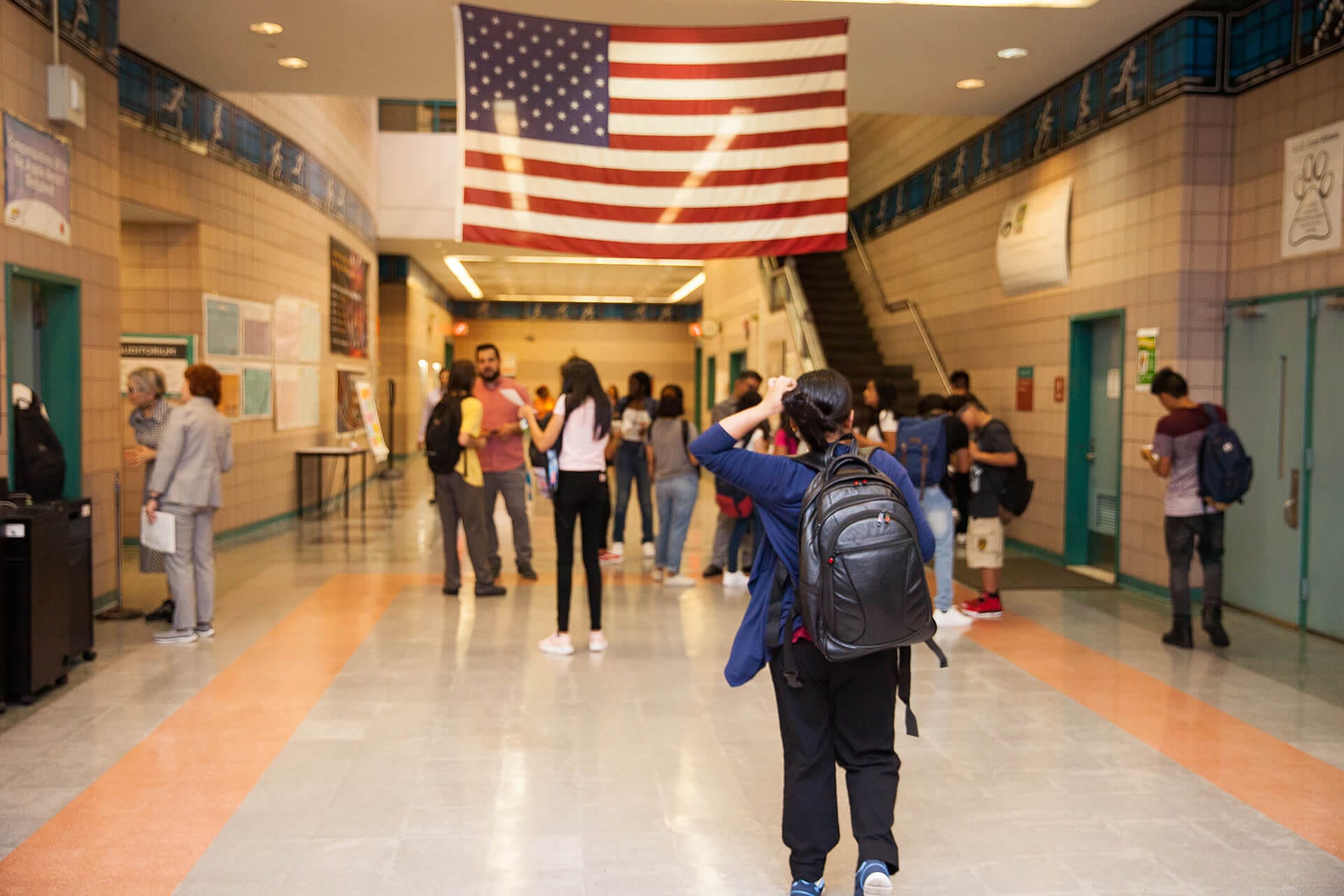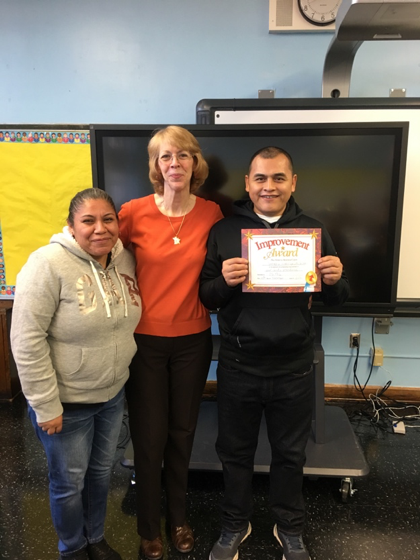How Businesses Can Help Students Achieve
While the building boom in Long Island City and the gentrification of Astoria has brought new restaurants and bars to the area, the public schools in the neighborhoods continue to struggle. Three zip codes in the area – 11101, 11102 and 11106 – house three major public housing developments that enroll hundreds of children and youth in local schools. Only 29% of children show age appropriate functioning by age five, English and Math proficiency rates start to drop after the 6th grade, 60% of youth graduate from high school in six years and 17% of high school graduates are college ready. Families are not accessing existing supports, local institutions can do more, and much of the non-profit sector is still largely fragmented when it comes to working with local schools.
Established as an intermediary non-profit organization in 2011 by the Thomas and Jeanne Elmezzi Foundation and anchored in Astoria and Long Island City, the work of Zone 126 is designed to bring cross-sector partners together to find organic solutions to complex problems within the local education ecosystem. To date, we have organized instructional, resident, non-profit, youth and public service leaders to engage with Zone 126 in finding impactful education solutions to the needs of children, youth and families living in areas of concentrated poverty along the waterfront in Astoria and Long Island City. The voice that remains silent in this type of work is that of the local business community.
A 2015 report published by the Harvard Business School titled: “The Promise of Collective Impact” calls on business leaders across the country to (1) take stock of their efforts to support and improve Pre-K-12 public education and (2) commit to using the innovative approach of collective impact to address fundamental weaknesses in the education ecosystem. The report also suggests that the current way business is involved with the school system may contribute to the slow progress of student achievement.
The collective impact work of Zone 126 aims to change this picture in a hyper-local way for students who live in public housing—along the waterfront and surrounding areas—and the public schools that serve them. The first step is to draw local business leaders who can make a difference off the sidelines, and onto the field as informed essential partners of educators and connect them to one of Zone 126’s elementary, middle or high school. The Zone 126 team would vet and introduce new or existing activities, events or programs to local businesses for adoption. A Business Affinity Group would be formed to expand and sustain efforts that boost student outcomes—and take them to scale. Doing this overtime, will invigorate the local education ecosystem—from cradle to career—create multiple pathways, and fill the gap of learning that’s tied to the future workforce.
Let’s be clear, education is political and we have to be political about protecting our students. With all the gentrification coming to the waterfront of western Queens, I know there is a political will to make more investments in the local schools. Zone 126 cannot do it alone. Join us in creating more opportunities for these residents beyond the beautiful view of the Manhattan skyline.
Catch up on the latest
Keep in Touch
Subscribe to receive our monthly newsletter and updates.



